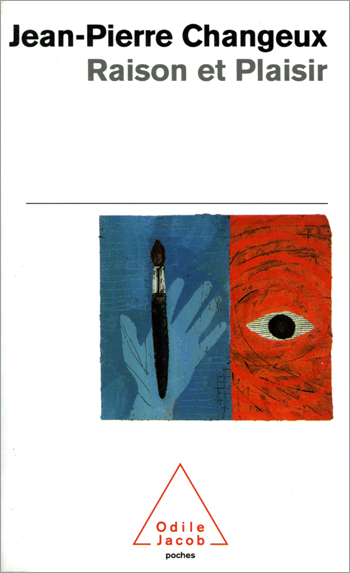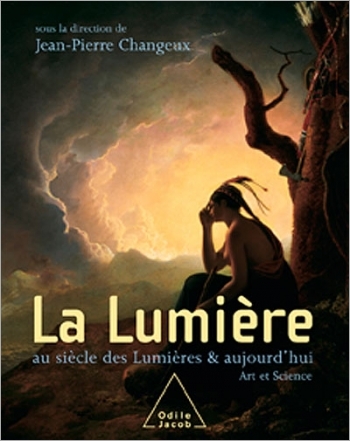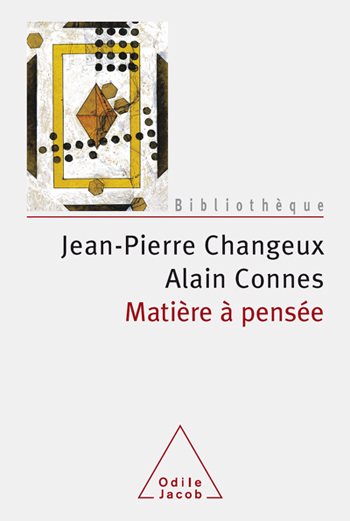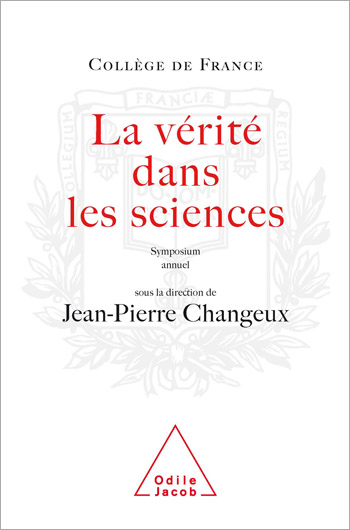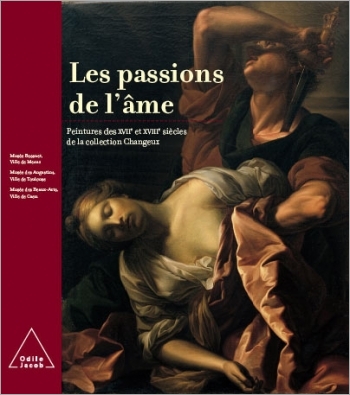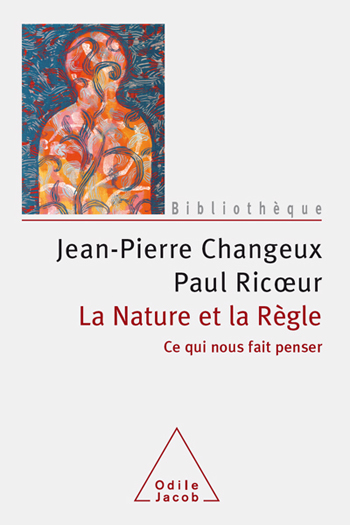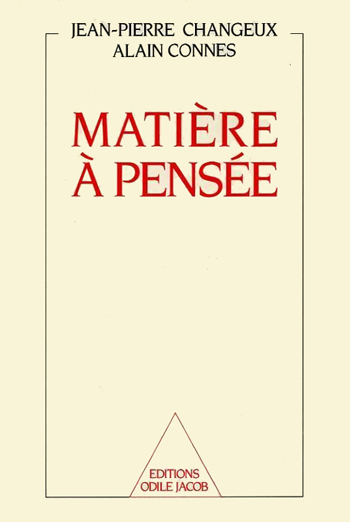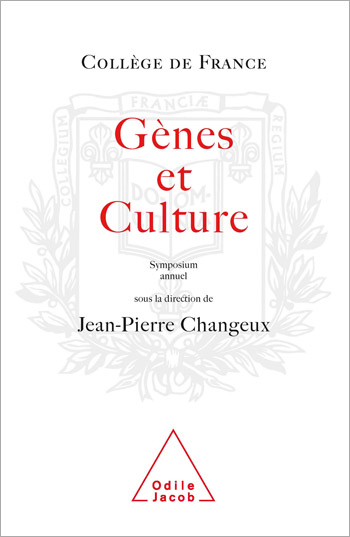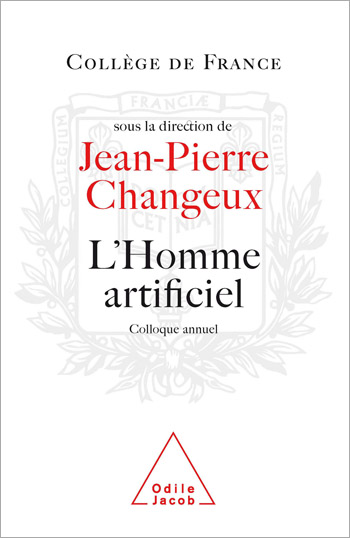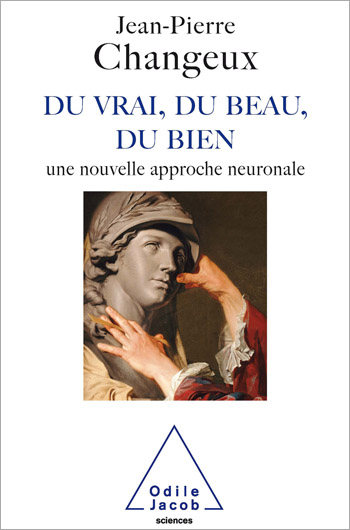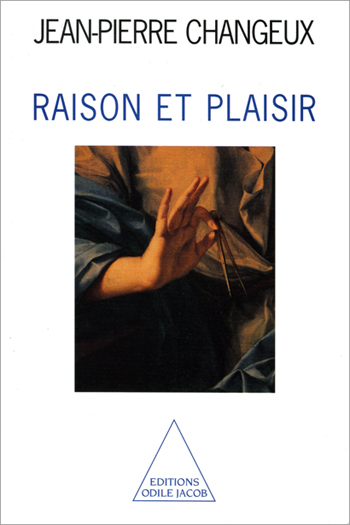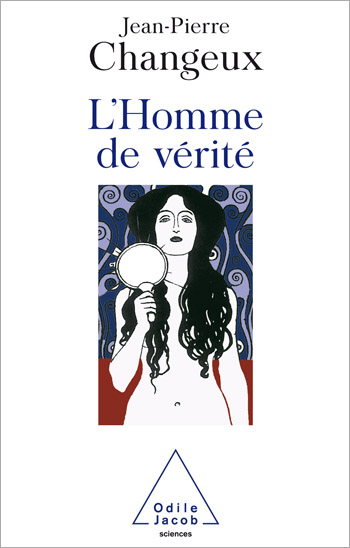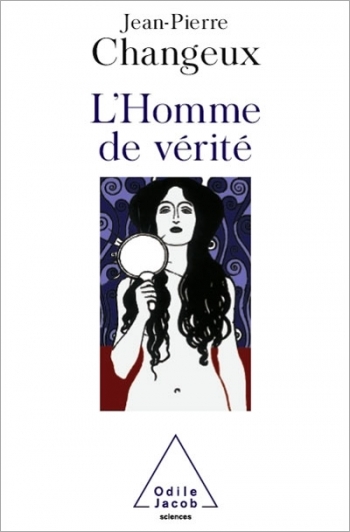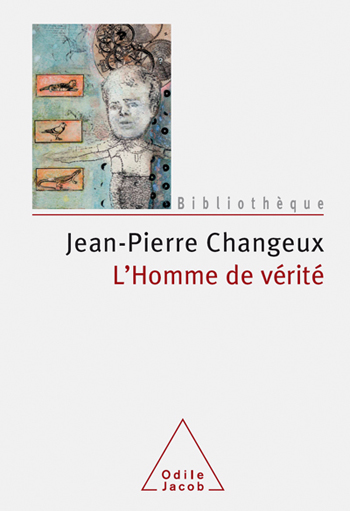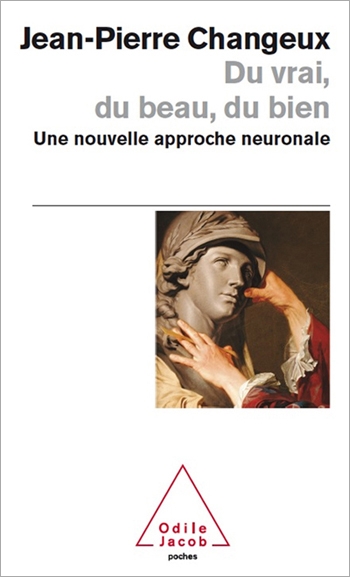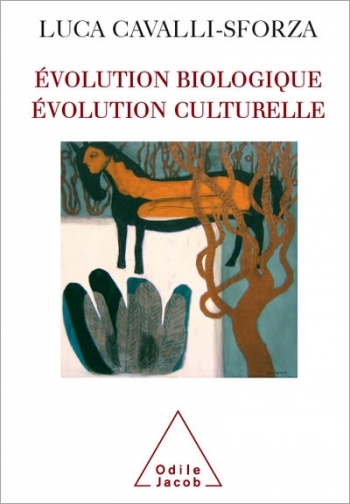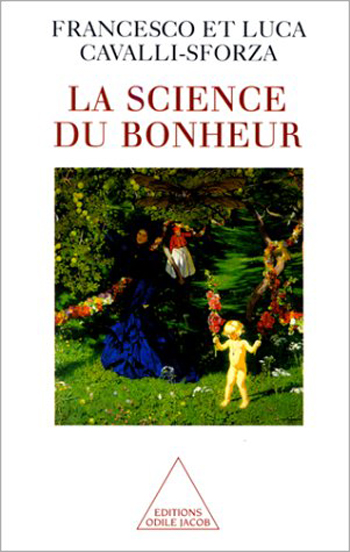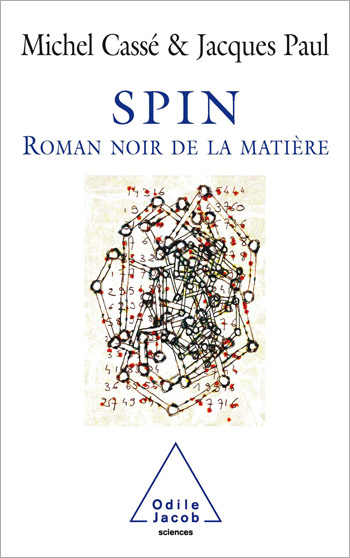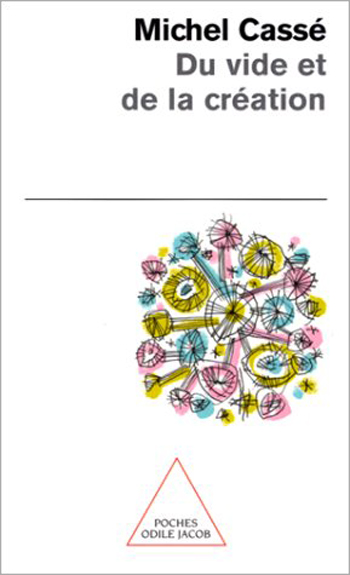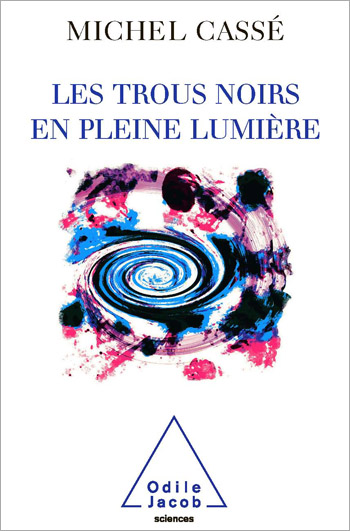Science All books
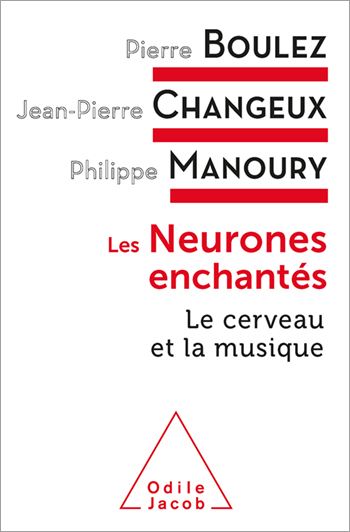
Pierre Boulez, Jean-Pierre Changeux, Philippe Manoury
The Enchanted Neurons The Brain and the Music
A unique event: two major intellectuals of our time discuss the links between the neurosciences and music
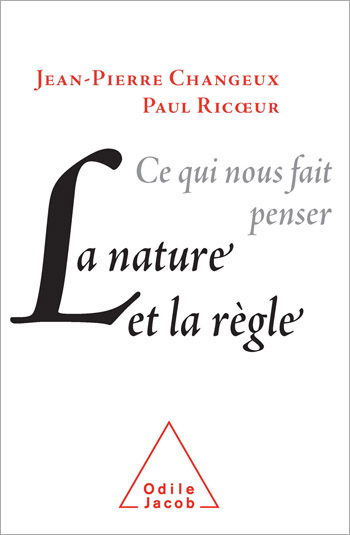
Jean-Pierre Changeux, Paul Ricœur
What Makes Us Think Nature and Rules
'The intention of this book was to put a scientist and a philosopher face to face and spark a dialogue between them on neuroscience, on their results and projects, and their ability to carry out a debate on ethics, its norms, and on peace. In France, ideas are rarely openly discussed. Serious debates are too often hindered by dogmatic statements, one-sided criticisms, incomprehensible discussions and glib mockery, with little or no thought for the solidity of the arguments, which aim only to appear plausible or worthy of being argued, rather than convincing. A totally free and open dialogue between a scientist and a philosopher is necessarily a highly unusual experience for both.' Paul Ricur and Jean-Pierre Changeux Paul Ricur is an honorary professor at the University of Paris-X and an emeritus professor at the University of Chicago. Jean-Pierre Changeux, a member of the French Academy of Science, teaches at the College of France and the Pasteur Institute.
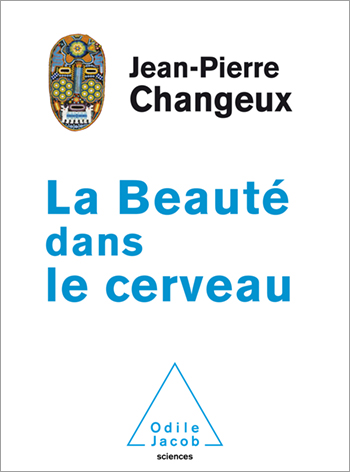
Jean-Pierre Changeux
The Beauty in the Brain
"Jean-Pierre Changeux is one of those rare spirits who both challenge and unify." A text containing ideas that are entirely new. Illustrated with many original case studies from the arts and sciences.
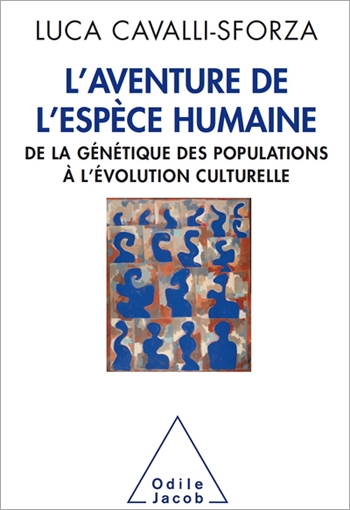
Luca Cavalli-Sforza
The Adventure of the Human Species From Population Genetics to Cultural Evolution
How evolution and human functioning made humankind the dominant species
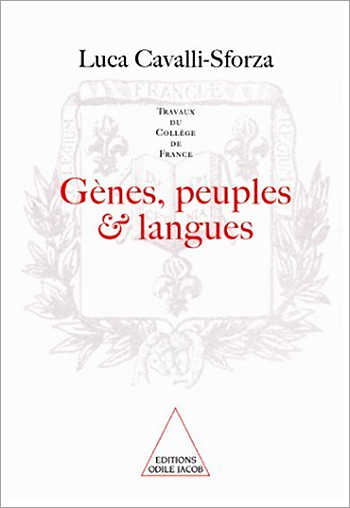
Luca Cavalli-Sforza
Genes, People and Languages (Work of the Collège de France)
How is culture passed on ? Is it possible to reconstruct the history of the evolution of the human species using genetic information from existing populations ?
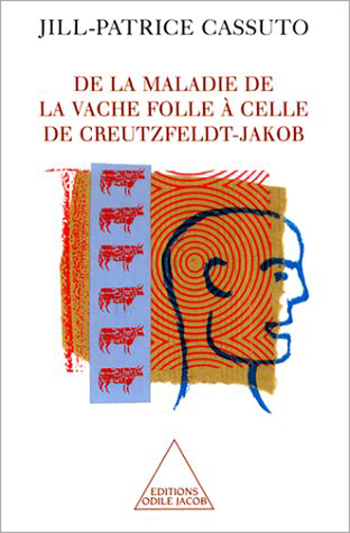
Jill-Patrice Cassuto
From Mad Cow Disease to Creutzfeldt-Jakob Disease
Jill-Patrice Cassuto examines the precursors of BSE and reviews some of the early research into the disease. He also studies the human form of BSE, or Creutzfeldt-Jakob disease, a fatal neurodegenerative disorder, and addresses the highly controversial question of ways the disease may be transmitted. This book is not only a scientific overview of current knowledge about BSE. It is also a thorough inquiry into the BSE scare and an examination of the issue of responsibility and of how health issues and risks are dealt with within the European Community. Jill-Patrice Cassuto teaches medicine and heads a clinical hematology service in a university hospital.
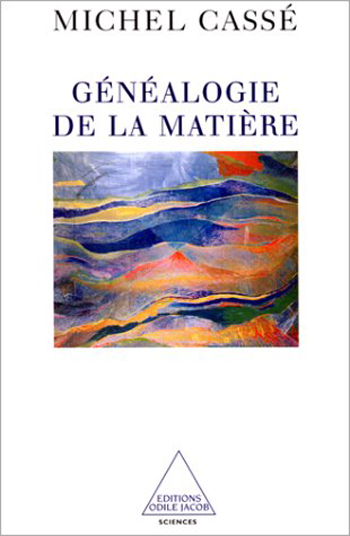
Michel Cassé
The Genealogy of Matter
Atoms originate in the stars. There is no real separation between the Earth and the sky, and matter forms one great whole, based on a series of nuclear reactions. Written in a lyrical, poetic style, this is a concise, clearly illustrated account of the birth of matter, aimed at the general reader. Michel Cassé is an astrophysicist and researcher at the CEA and the Institut Astrophysique, in Paris. He is the author of Du Vide et de la Création and La Petite Etoile.
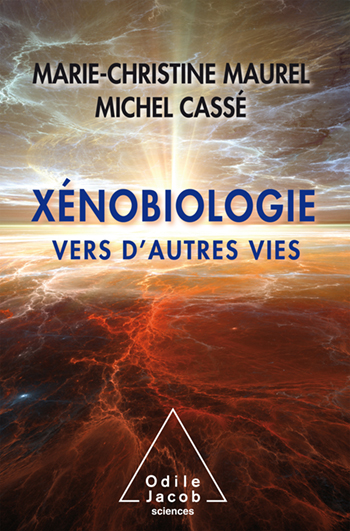
Michel Cassé, Marie-Christine Maurel
Xenobiology Xeno-life
When an astrophysicist encounters a specialist in synthetic biology, they discuss the origins of the universe and of life. The first steps of a new science, whose repercussions could shake our conception of the living and of its evolution.
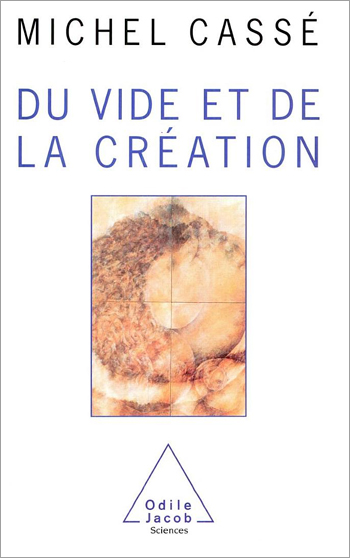
Michel Cassé
Nothingness and Creation
This book is foremost a piece of scientific popularization. M. Cassé leads us on an historical stroll through physics. First we meet the ideas of Galileo and Newton. Then Einstein modifies the classical notions of time and space. Finally quantum mechanics revolutionize our sense of matter. On a deeper level, Cassé sees physics as an arena for debate on the nature of reality. This is why scientific discourse often tends toward reverie and poetic meditation, particularly when concerning itself with the void, a central notion for modern physics and the complex protagonist of Cassé's scientific journey.
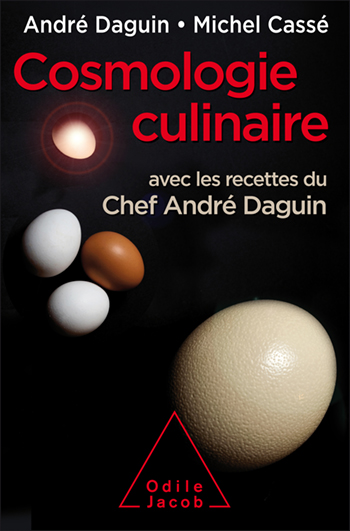
André Daguin, Michel Cassé
Culinary Cosmology
A completely unexpected blend of cooking and cosmology. Ideal for answering all questions in one’s kitchen, and for learning about the Big Bang without a Big Mac.

